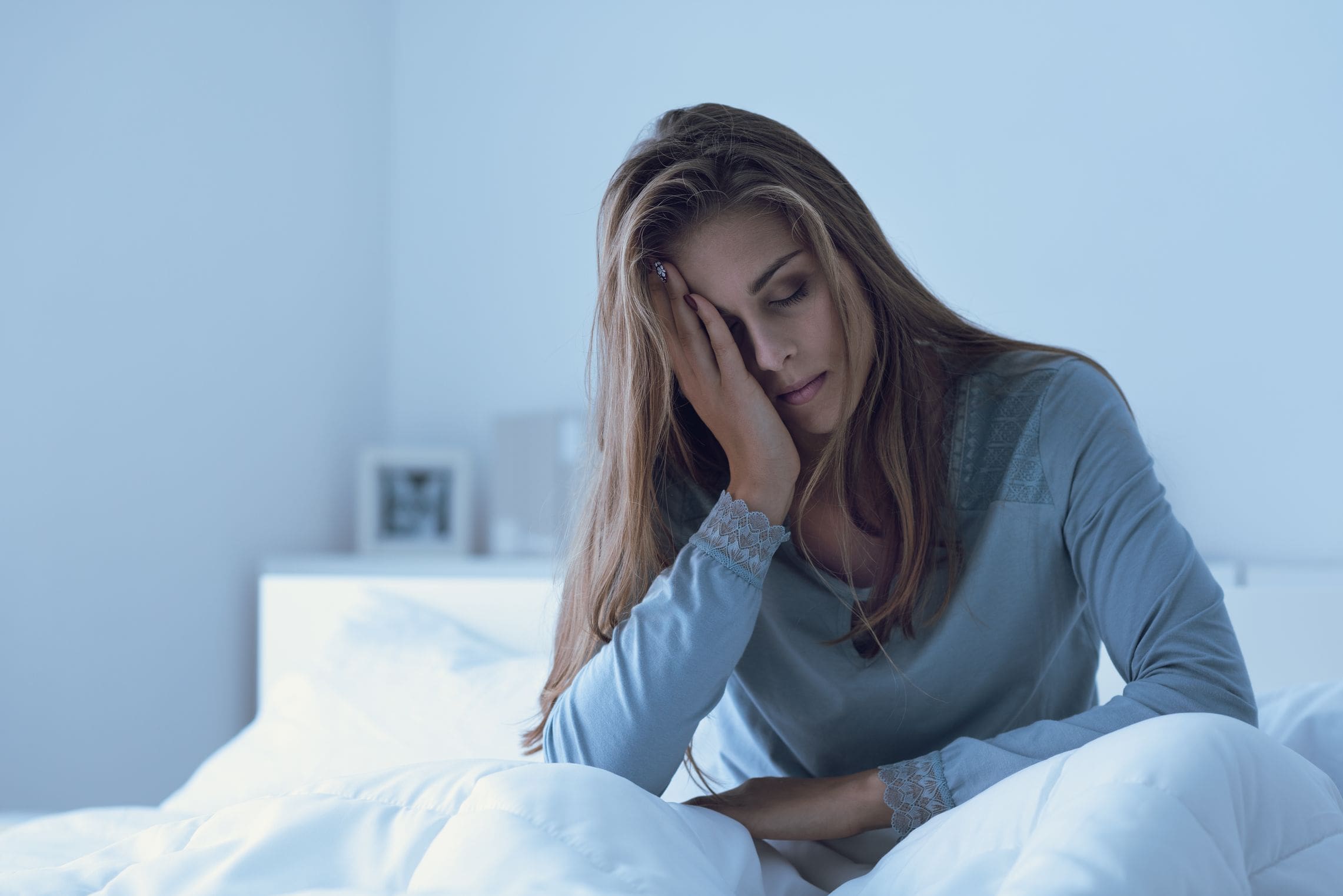If you sleep for fewer than six hours a night, you’re putting yourself at higher risk of having a heart attack.
Do you get eight hours of sleep? Or is it an “eight hours” that’s really seven or six, once you add up the minutes spent lying in bed scrolling through your phone before you can rest, and that precious half hour lost to the rubbish truck’s dawn chorus?
Most of us don’t get as much sleep as we’d like. It doesn’t just leave us groggy at work the next day though – a lack of sleep may damage your heart.
Spanish researchers wanted to find out just how a lack of sleep could hurt the heart, and they turned to an actigraphy trial to do so.
Actigraphy is a method of measuring sleep where you wear a wristwatch-like device for days or weeks which measures your movements to a level so precise it can tell when you fall asleep and whether it’s a restful slumber.
For a week, the scientists measured how long and how well, a group of almost 4000 people slept.
They then sorted them into four groups – people with a “very short” sleep duration of fewer than 6 hours, people who slept 6-8 hours, a normal sleep duration of 7-8 hours, and then a group of people who had a long sleep duration of more than 8 hours.
They also looked at their cardiovascular health – how much fatty plaque they had built up in the arteries of their heart and body. And they took out factors that could have confused the results, like how often the person exercised and whether they smoked.
What they found was having a very short sleep duration, under six hours a night, was associated with a higher risk of having early fatty plaque buildup in the body’s arteries. It’s the fatty plaque that can cause a heart attack.
Having disrupted or fragmented sleep also increased a person’s risk.
Implications
We already knew that a lack of sleep wasn’t good, but this is stronger evidence of its effect on the heart. If you don’t sleep much, there are things you can do to lengthen your snooze.
The basic things you’ll hear again and again are, avoiding caffeine after midday, routine (going to bed at a time when you’re tired and is late enough that you sleep through to a regular waking time every day including weekends), avoiding coffee and alcohol towards the end of the day, and getting rid of electronics and other emitters of blue light (which keeps your brain alert and awake) in the bedroom.

